UT’s Undergraduate Research & Fellowships announced two undergraduate Volunteers have been named finalists for the Truman Scholarship. Summit Wright and Grace Hardin were two of 193 finalists chosen from 709 applications from 285 schools.
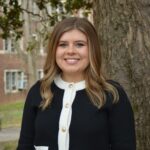 Summitt Wright, a junior majoring in agricultural economics and supply chain management, will interview with the Truman Foundation March 18 for the opportunity to receive the scholarship. Summitt spent many of her formative years in California, but her heart belongs to the place she considers home: Arkansas. Summitt currently researches the Farm Bill with UT faculty member, Associate Professor Aaron Smith, while balancing a strong commitment to leadership and service on and off campus. She is especially concerned with providing opportunities for youth in rural America.
Summitt Wright, a junior majoring in agricultural economics and supply chain management, will interview with the Truman Foundation March 18 for the opportunity to receive the scholarship. Summitt spent many of her formative years in California, but her heart belongs to the place she considers home: Arkansas. Summitt currently researches the Farm Bill with UT faculty member, Associate Professor Aaron Smith, while balancing a strong commitment to leadership and service on and off campus. She is especially concerned with providing opportunities for youth in rural America.
Universities nominate students for the Truman Scholarship based on their records of leadership, public service, and academic achievement. The scholarship offers $30,000 toward a public service focused graduate degree program, leadership development, a network of fellow public servants dedicated to influencing change, and much more.
Summitt hopes to ultimately pursue a law degree and a career with the U.S. Department of Agriculture. She has built her path to law school and long-term public service by interning with Senators Tom Cotton (AR) and Marsha Blackburn (TN) as well as the Arkansas Economic Development Commission. She demonstrates her leadership through multiple on-campus organizations, including her work with the National Agricultural Marketing Association and Food and Agricultural Business Club. Her two study abroad trips—where she examined viticulture in Italy and agro-industrial value chains in Argentina—gave her global perspectives she looks forward to bringing back to her home state as she focuses on building workforce development pathways for high school students in rural areas.
Summitt said she “learned the importance of advocacy and public service,” as she developed her application. “To me, being a Truman finalist means having a servant leader mindset and working towards a greater good.”
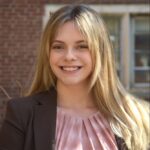 Grace Hardin, a junior in the College Scholars Program, believes in the power of community. Originally from Nashville, her family was impacted significantly both by the economic downturn of 2008 and the opioid epidemic. Her experiences motivated her to establish and lead a mental health organization at her high school in her junior year, not long before COVID struck. She credits the organization—which allowed students to talk about depression, anxiety, eating disorders, and recovery—with helping her take control of her own journey. That journey has now led her to the Truman Scholarship, which she learned about through a presentation in her College Scholars seminar.
Grace Hardin, a junior in the College Scholars Program, believes in the power of community. Originally from Nashville, her family was impacted significantly both by the economic downturn of 2008 and the opioid epidemic. Her experiences motivated her to establish and lead a mental health organization at her high school in her junior year, not long before COVID struck. She credits the organization—which allowed students to talk about depression, anxiety, eating disorders, and recovery—with helping her take control of her own journey. That journey has now led her to the Truman Scholarship, which she learned about through a presentation in her College Scholars seminar.
Todd Freeburg, professor of psychology and director of the College Scholars Program, notes that Grace’s individualized major is “a perfect example” of College Scholars’ “interdisciplinary approach.” By combining coursework in psychology, sociology, social work, public health, policy, and child and family studies, Grace has designed a path of study to examine child welfare in the United States, including how society is impacted both by policies that support, and fail to support, children and families. She has built on this work—and built both her UT and Knoxville community—through her time with the Volunteer Impact Academy, Rocky Top Recovery, Hope Central, and the Baker Scholars Program.
She will also interview with the Truman Foundation on March 18 for her chance at the competitive award. “Being selected as a Truman Finalist,” Grace said, “has not only given me motivation but validation in my course of study and my post-collegiate goals. I feel so grateful for all of the experiences that have led me to this point and those who have helped make this opportunity possible.”
Students interested in the Truman Scholarship, or other national/international awards, should contact Undergraduate Research & Fellowships at urf@utk.edu or 865-974-8560.
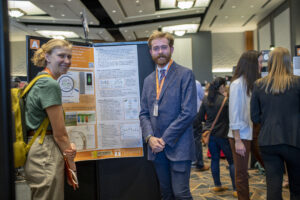 The
The 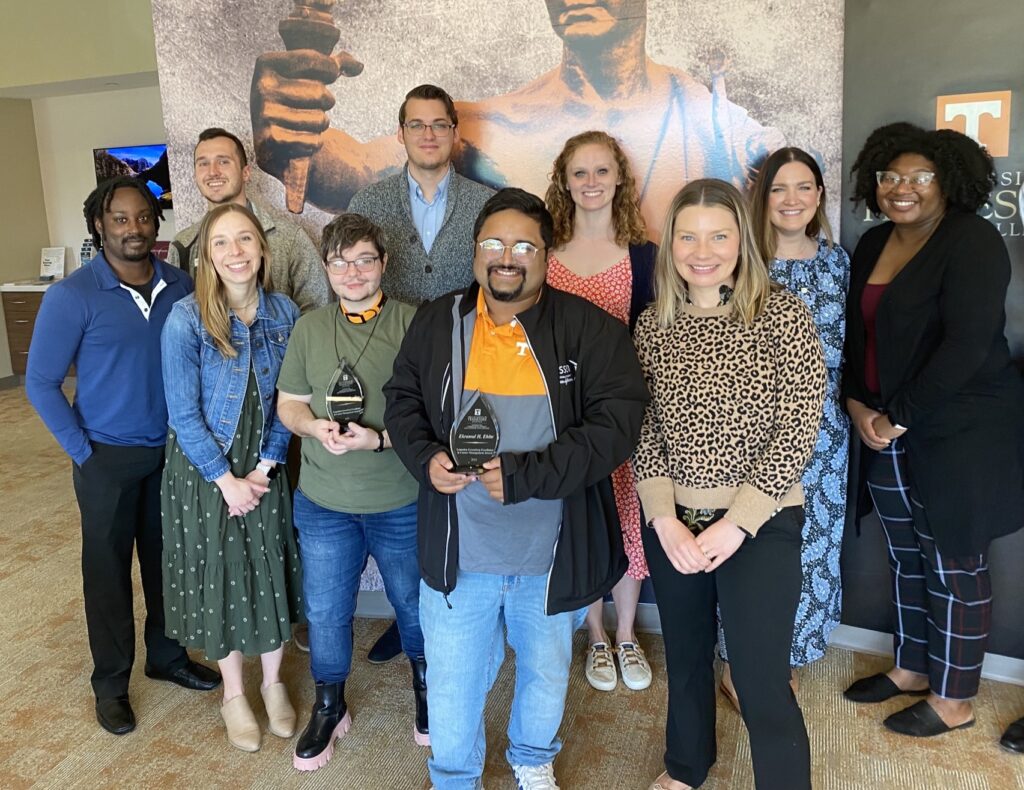
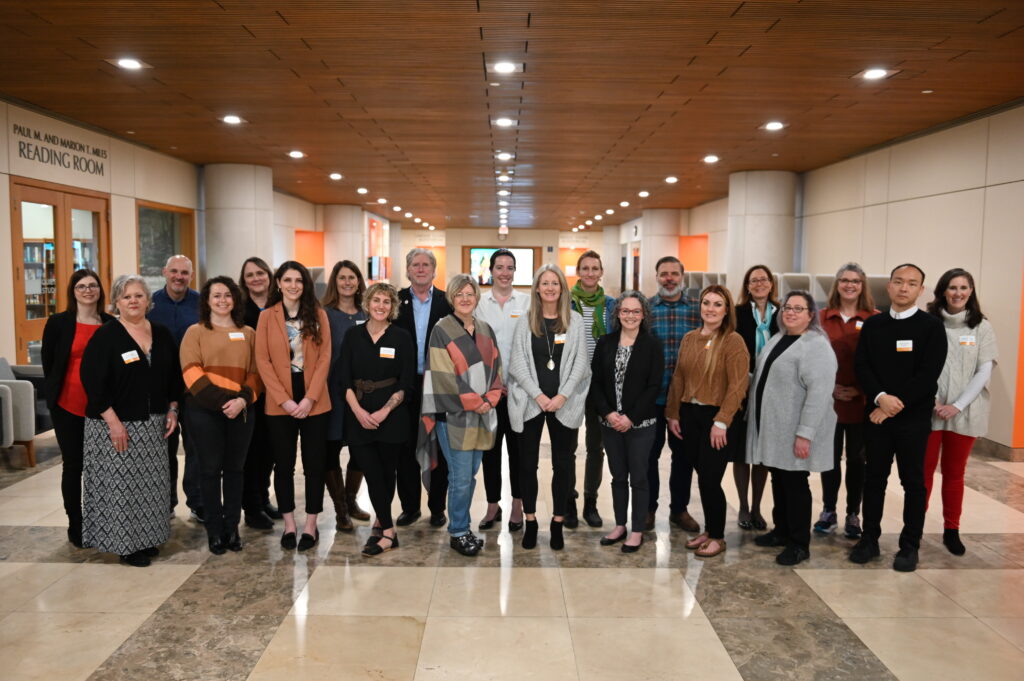 Goal area one of the university’s
Goal area one of the university’s 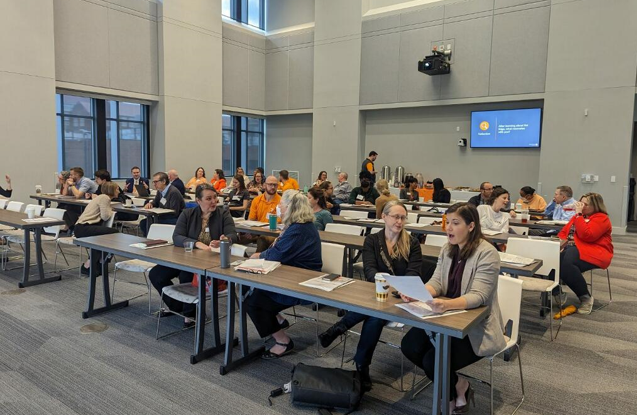
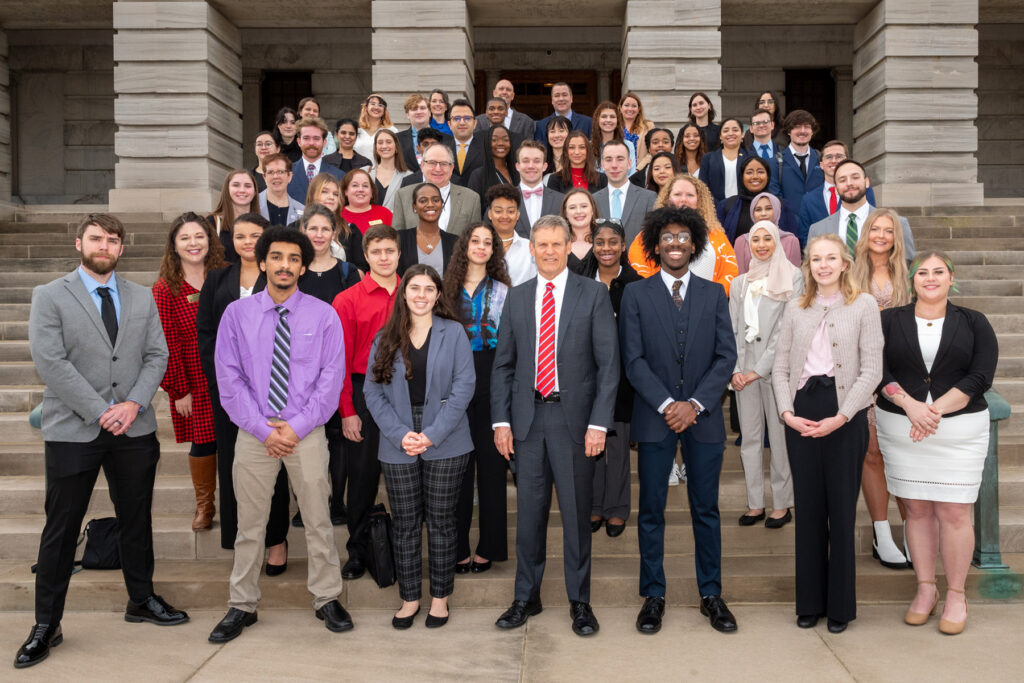
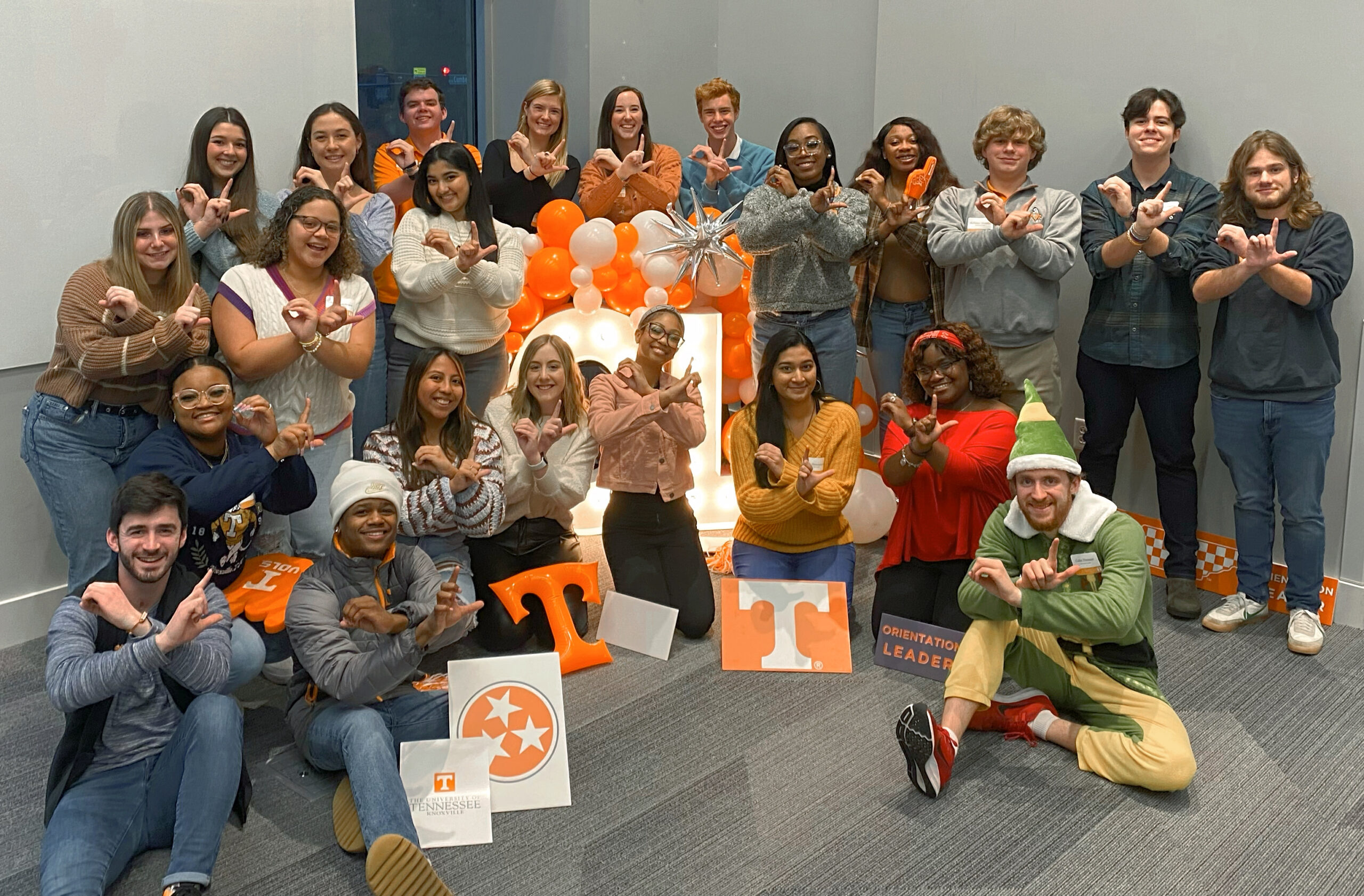
 UT’s Academic Success Center and other campus support offices including One Stop Student Services and academic advising will host Pizza Pop-Ups on December 5 and 6 to offer assistance as our student scholars prepare for finals.
UT’s Academic Success Center and other campus support offices including One Stop Student Services and academic advising will host Pizza Pop-Ups on December 5 and 6 to offer assistance as our student scholars prepare for finals.